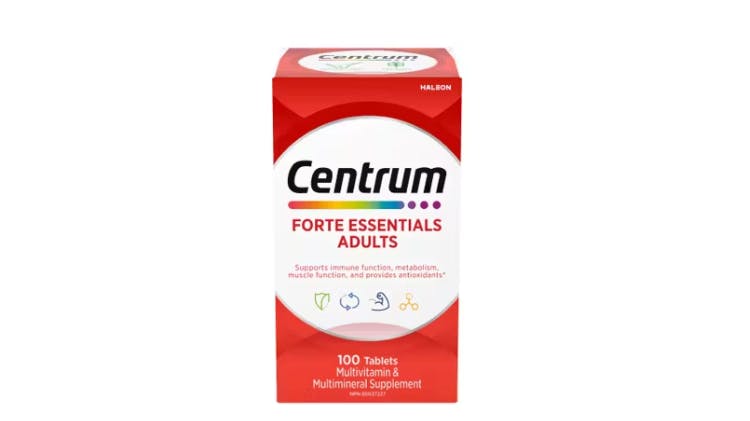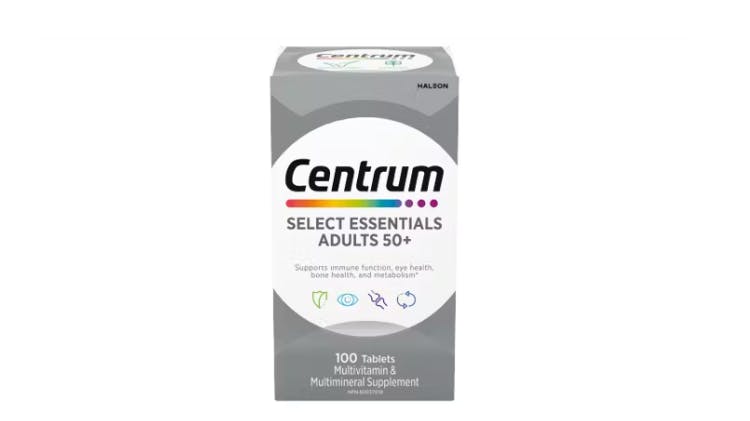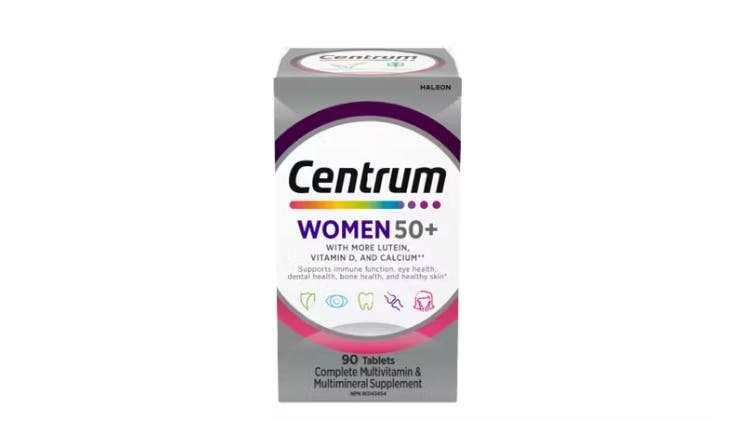Nutritional Support – Causes for Deficiencies

Understanding Nutrient Inadequacies
Patients who follow a special or low-calorie diet, have a poor appetite, or face challenges that prevent them from accessing adequate amounts of nutritious foods may find it difficult to meet suggested nutrient needs with diet alone. Insufficient calorie consumption limits nutrient intake, but even with a sufficient food supply and adequate calories, vitamin and minerals may be lacking and can result when individuals choose to eat foods that differ from dietary guideline recommendations.

Shortfalls in Micronutrients
Eliminating or skimping on one or more food group for any reason can lead to shortfalls in micronutrients that affect health.1 For example:
- Low intake of fruits and vegetables (Vitamins A, C, and K, and potassium).
- Inadequate dairy food (calcium, magnesium, phosphorous, potassium, and possibly vitamins A and D).
- Low, or no, consumption of meat, poultry, seafood, dairy, and eggs (iron, zinc, choline, and vitamin B12, and possibly vitamin D)
- Avoiding fortified grains (iron, vitamin B6, vitamin B12 and folic acid)
Nutrient needs increase at certain stages of life, including during pregnancy and lactation, and after age 50, often presenting challenges to good nutrition. In addition, impaired nutrient absorption and utilization, health conditions, drug-nutrient interactions, and interactions between food constituents and nutrients (such as phytate and zinc) may lead to poor micronutrient status.2

Impact on Patient quality of life
Malnutrition may be the result of eating insufficient amounts of food, incorrect types of food, and issues with nutrient absorption / utilization. Malnutrition includes overnutrition (excess intake of energy or micronutrients) and undernutrition (inadequate intake of energy, protein, and/or micronutrients). Every country in the world is affected by malnutrition, in one or more forms.3
Micronutrient deficiency, also known as hidden hunger, occurs when intake of vitamins and minerals are below the recommended intake, resulting in deficiency diseases or overt symptoms. Micronutrient deficiencies affect more than 2 billion individuals, or one in three people, around the world.4
Micronutrient inadequacy occurs when vitamin and mineral intakes are sufficient to prevent deficiency diseases but are below intake levels required for full biological function and good health. Micronutrient inadequacy is prevalent worldwide, including in the U.S. and other developed countries, where common shortfall nutrients include vitamins A, C, D, and E, as well as calcium, magnesium, potassium, choline, and iron in women of childbearing age.5,6 Dietary analysis among Canadian adults reveals inadequate intake of some B vitamins, vitamin A, C, D, as well as magnesium, calcium, and potassium.7
Depending on the degree of micronutrient deficiency, patients may experience a variety of issues, including decreased immunity, vision problems, problems with energy metabolism, poor reproductive outcomes, among other symptoms.8
In addition, along with an energy-rich diet, micronutrient inadequacy may play a role in the development of chronic conditions.9
Understanding Nutritional Needs
Diagnosis
Explore how to recognize nutritional inadequacies and deficiencies and know when to refer patients.
Overview of Nutritional Needs
Find out more about good nutrition related to overall health and wellness.
The Centrum Range

Centrum Forte Essentials Adult
A daily multivitamin and mineral supplement that helps bridge nutrient gaps.8

Centrum Select Essentials - Adults 50+
Help meet the nutritional needs of adults 50 years of age and older.8
